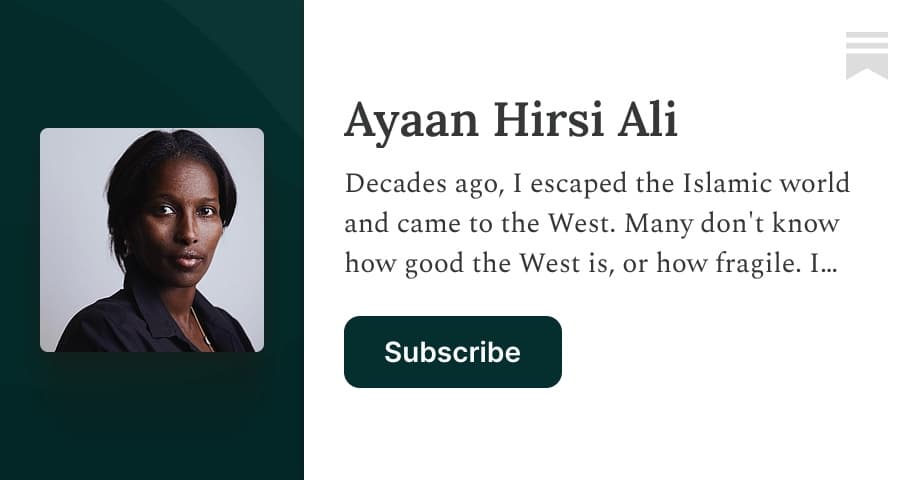UK Online Safety Act's 10% Global Revenue Fine Sparks Open Internet Concerns

Ayaan Hirsi Ali, a prominent human rights activist and author, has voiced strong concerns regarding the implications of democratic nations regulating the global internet based solely on user access. Her recent tweet, shared on July 1, 2025, stated, > "If democratic nations begin regulating the global web solely based on user access, the ideal of an open internet won’t survive." This statement directly addresses the controversial UK Online Safety Act, which asserts jurisdiction over online platforms accessible by British users, regardless of where the platforms are based.
The UK Online Safety Act, which received Royal Assent in October 2023 and began phased implementation in early 2024, aims to establish the UK as "the safest place in the world to be online." The legislation imposes a duty of care on online platforms to remove illegal content, such as child sexual abuse material and terrorism-related content, and to protect children from harmful but legal material. Ofcom, the UK's communications regulator, is empowered to enforce these stringent rules, with non-compliance potentially leading to significant fines, including up to £18 million or 10% of a company's global annual revenue, whichever is greater. This extraterritorial reach means even companies not based in the UK face these penalties if their services are accessible by British users.
Critics, including civil liberties organizations and major tech companies, argue that the Act's broad scope and its emphasis on user access as a basis for jurisdiction pose a substantial threat to online privacy, security, and freedom of expression. Concerns have been raised regarding provisions that could compel the scanning of encrypted messages and the introduction of a new "false communication offence," which critics fear may lead to excessive content moderation and a chilling effect on legitimate speech. The principle of regulating based on mere user access sets a contentious precedent, potentially encouraging other nations to implement similar measures.
Ayaan Hirsi Ali, known for her long-standing advocacy for free inquiry and speech, highlights how such regulations could fragment the global internet. If multiple democratic nations adopt laws asserting jurisdiction over content accessible by their citizens, regardless of where the content originates, it could lead to a "patchwork of national internets," undermining the universal and borderless nature of the web. This development raises crucial questions about the balance between online safety and the fundamental principles of an open and free internet.